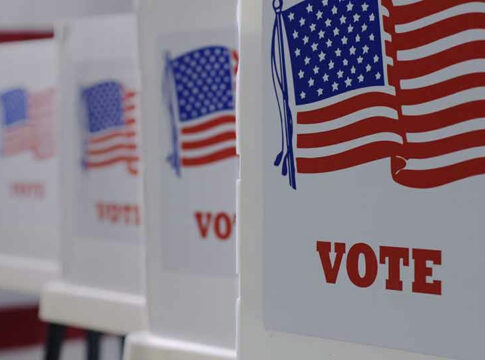Alabama’s Voter List Costs More Than A New CarAlabama’s exorbitant fees for accessing voter lists are not just financially burdensome but may also be infringing on federal law.
Alabama’s High Fees Under Scrutiny
In what some are calling an affront to election transparency, Alabama imposes the highest costs in the country for public access to its election records. This financial barrier has raised significant concerns about transparency and legality, particularly among watchdog groups. The Public Interest Legal Foundation (PILF) is at the forefront, challenging these fees as a violation of the National Voter Registration Act (NVRA), which mandates public access to certain election records. PILF argues that these excessive fees hinder election oversight and transparency essential to a functioning democracy.
Historically, Alabama has faced scrutiny over its election administration practices, often criticized for restrictive access to voting and public records. The state’s election system is decentralized, with county officials managing records and processes. In recent years, national debates over election integrity have increased demand for public access to election data, making Alabama’s high fees particularly contentious. It remains the only state not conducting post-election audits, further fueling concerns about oversight and transparency.
Legal Challenges and Stakeholder Interests
PILF, alongside other watchdog groups, has publicly declared Alabama’s practices both excessive and unlawful as of September 2025. The issue has gained national media attention, increasing pressure on state officials. Multiple advocacy groups have issued statements calling for immediate fee reductions and compliance with federal law. Despite these pressures, state officials defend the fees, citing administrative burdens and costs related to maintaining election security.
Alabama’s Secretary of State and state legislature have the authority to change these policies, but as of now, no legislative changes have been enacted. The legal challenge is grounded in federal law rather than just state policy, potentially setting a national precedent. If Alabama refuses to comply, federal intervention might be inevitable, possibly leading to court-ordered changes that could influence election transparency standards across the country.
Implications for Election Transparency
In the short term, Alabama’s high fees continue to pose barriers to public oversight, and potential legal actions loom. Long-term implications could include court-mandated changes to Alabama’s fee structure, influencing other states with similar practices. The current situation affects journalists, researchers, and watchdogs who face financial barriers when seeking election data, ultimately impacting voters’ confidence in election transparency.
The economic, social, and political impacts of these high fees are profound. They deter independent audits and investigations, undermining public trust. As legal battles unfold, they could impose costs on Alabama and influence national policy debates. The outcome of this case may set a national precedent for election record access and transparency standards, potentially reshaping how states handle public access to election data.
Sources:
Alabama Executive Budget Office


